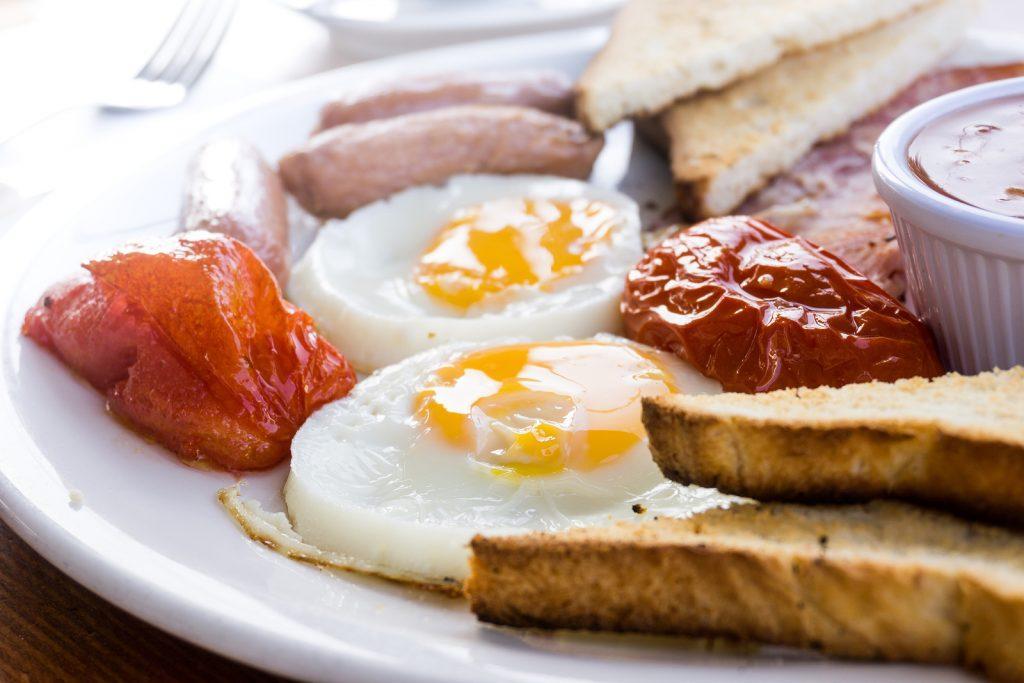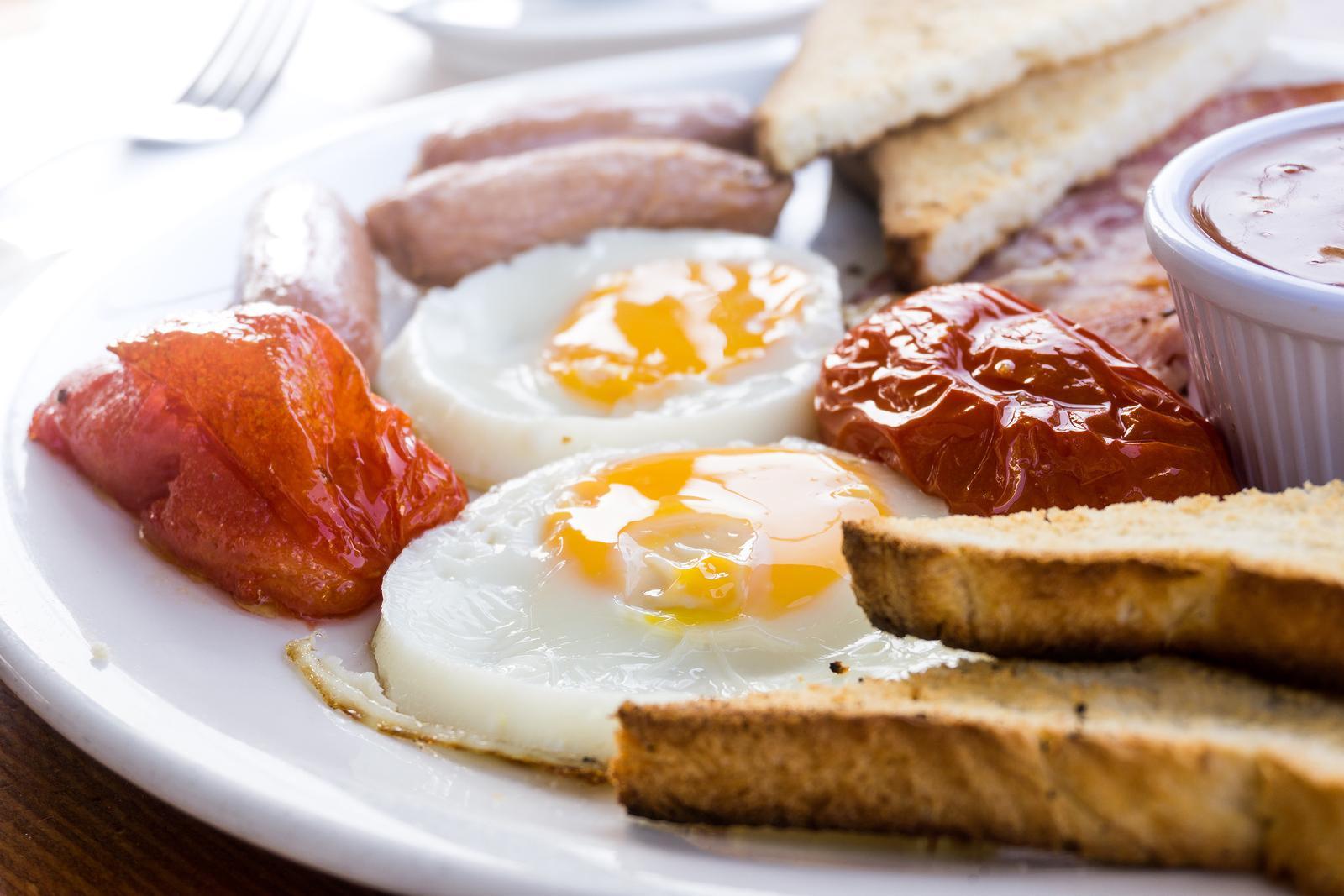What did you have for breakfast this morning?
If it was a couple of slices of toast and a boiled egg, then you’re fine. But if it was a fry up, perhaps you’ll find more than just health reasons to avoid that second sausage in future. According to a new study by global accountancy firm KPMG, Brexit could bust your breakfast budget.
And whether you’re a cooked breakfast fan or you own a small business that cooks them or sells their ingredients, it’s worth giving that some consideration.
Post-Brexit Bacon
The study has estimated that the cost of a fry-up could rise by nearly 13% post-Brexit if a trade deal or transitional agreement isn’t reached, because the UK would probably default to World Trade Organisation customs tariffs.
KPMG priced up a family sized fry-up breakfast, including olive oil and brown sauce, at £23.59 – and estimated that under WTO tariffs, it would go up to £26.61.
if the UK were to leave the EU with no transitional agreement or trade deal on or before March 2019, imported goods – particularly food and drink – would be among those seeing the biggest price increase under WTO tariffs.
In breakfast terms, this means items readily and commonly available within the UK, such as bread, eggs and the milk for your cereal, tea and coffee should be unaffected. But the coffee itself? Up by 8%.
However, coffee was the least affected in KPMG’s price estimate. Other items are set to rise far more significantly.
Orange juice from Spain (and bottled in Ireland)? Up 34%. Olive oil from Italy or Spain? Up 30%. Pork sausages from within the EU? Up 20%. Humble bacon from Denmark may still find a place on your plate, though, with an estimated increase of just 9%. And maybe you’ll still run to a modest blob of brown sauce imported from the Netherlands, up by a mere 10%.
Customs Tariffs: An Underestimate or An Overestimate?
The estimates did use some imported products that have home-produced counterparts available, but Paul Martin, UK Head of Retail at KPMG, defends this.
“The British consumer has become accustomed to seasonal produce all year round and has binged on a diet of discounts for some time. With that in mind, our analysis, which focussing mainly on imported goods, isn’t too unrealistic.”
He added: “Shoppers could be forgiven for overlooking the significant impact customs will have on the prices they pay at the till. However, against a backdrop of increasingly squeezed margins, it is unlikely retailers will be able to hold the flood on higher costs indefinitely.”
Bob Jones, Director and Brexit Customs and Indirect Tax Lead at KPMG UK, also points out that their breakfast costing “does not even reflect the steep costs consumers and retailers are already facing as a result of the pound sterling’s devaluation or the costs of any new non-tariff barriers.”
Retailers and SMEs – Understand Your Supply Chain
Paul Martin warned that most retailers underestimate the potential cost of customs tariffs and need to better understand not just their immediate supply chain, but the supply chains of their supplier’s supplier too. “All will have an impact,” he points out.
He also recommends considering collaboration with other retailers and suppliers to find solutions to the upcoming challenges of higher customs tariffs – and investigating the possibility of sourcing more items locally.
Bob Jones sounded a note of caution too. “If the UK leaves the EU without a trade deal or transitional agreement, we can expect both higher prices and a huge spike in red tape at the borders,” he said. “As such, the top priority for businesses is to fully understand their own supply chains: the volumes and values of the goods they ship back and forth and which countries they’re importing to and from. Only then can businesses obtain a degree of insight into their own operations and exposure to risk.”
If you’re just a consumer of cooked breakfasts, this may change the make-up of your cooked breakfast or the products you buy. But if selling breakfasts – in either their raw or cooked state – is your business, it’s worth doing some research now and having a plan in place.
It might just save your bacon…





Leave a Reply